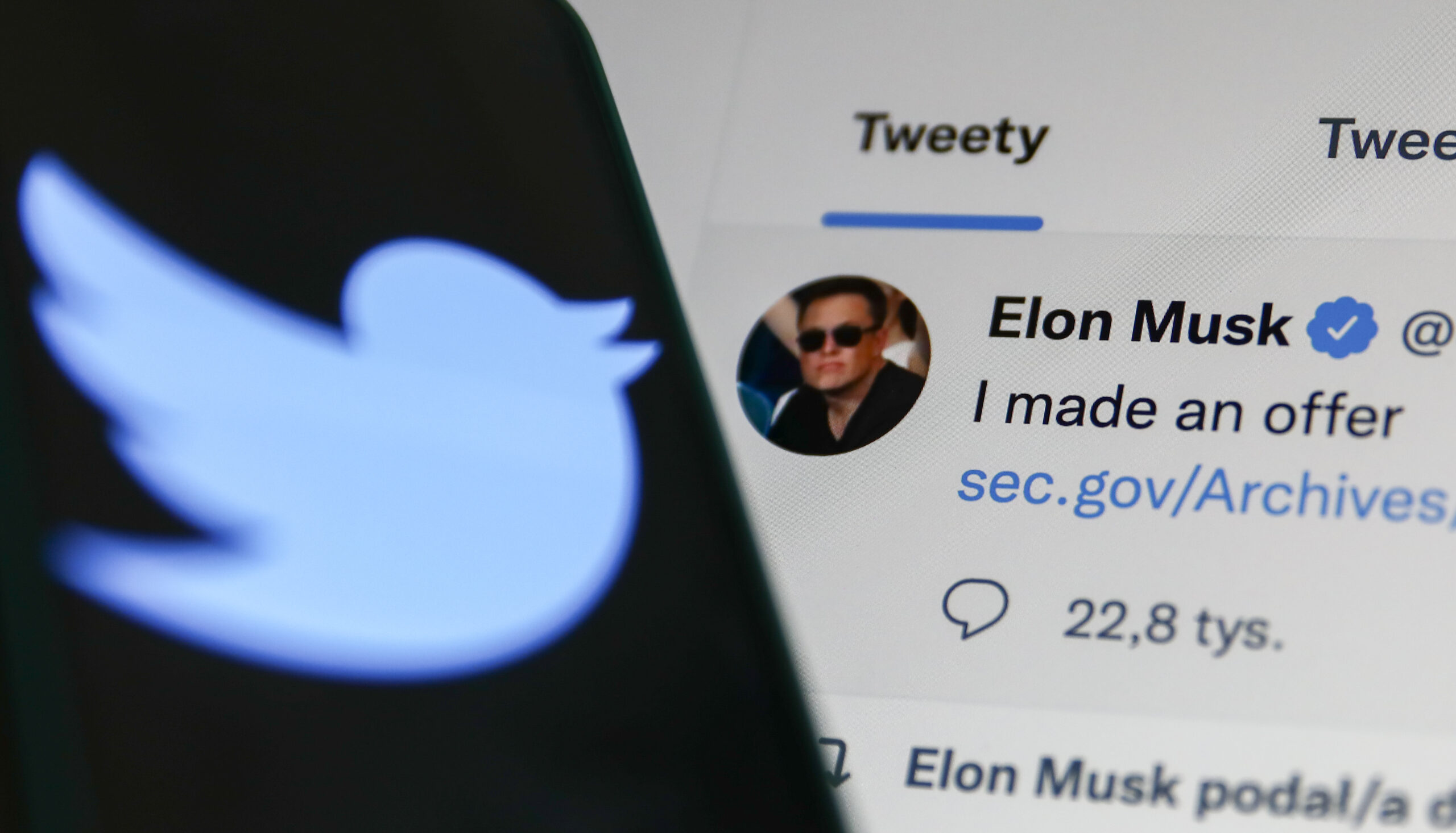Elon Musk has made a successful bid to acquire his favorite social media site after the board of San Francisco-based Twitter Inc. approved the billionaire’s $44 billion takeover offer on Monday.
Twitter confirmed the deal in a press release, saying that it agreed to sell the company for $54.20 per share. Under the terms of the deal, Twitter will become a privately-owned company under the sole ownership of Musk. In a statement, Twitter’s independent board chair, Bret Taylor, called the sale “the best path forward for Twitter’s stockholders.”
The deal will place a longtime San Francisco company at the mercy of a tech titan best known for running Tesla and SpaceX—as well as his prolific use of the social app that he just agreed to buy. Here are a few of the potential ramifications of the deal going through.
1. Bid adieu to Twitter’s SF HQ
Twitter was founded in San Francisco back in 2006, and has made the city its headquarters since then. Twitter currently leases around 700,000 square feet of space at 1355 Market St., but announced a permanent remote working policy allowing employees to work where they choose in a “distributed working” model.
Some of Twitter’s San Francisco space is under long-term leases. But Musk already posed a poll question to his followers that suggested converting the company’s San Francisco headquarters into a homeless shelter. That tweet has since been deleted.
Musk, a longtime California resident who relocated to Texas in 2020, jabbed the region on his way out by stating at a public forum that “the Bay Area has too much influence on the world, in my opinion.”
The decision to move his residence to the Lone Star state was followed by a relocation of electric car maker Tesla’s headquarters from Palo Alto to Austin. SpaceX, the other company that Musk leads as CEO, still has its headquarters in Hawthorne in Southern California.
2. The return of Trump to the platform?
Musk has said his overriding rationale for trying to acquire Twitter was to help make it “the platform for free speech around the globe.” That may not mesh with the company’s 2021 decision to permanently ban former President Donald Trump—one of the platform’s most influential and powerful users—shortly after the January 6 insurrection at the Capitol.
While Musk hasn’t commented directly on restoring Trump’s account, the House Republican Conference tweeted “Hey, @elonmusk it’s a great week to free @realDonaldTrump” shortly after news of the impending deal broke. Trump, who is trying to launch his own social media app called Truth Social, said in an interview he probably wouldn’t rejoin the site under Musk’s ownership. But with reports of problems at Truth Social piling up, rejoining Twitter may be a pathway for a large audience ahead of a potential 2024 presidential bid.
Controversial U.S. Representative Marjorie Taylor Greene, whose personal account was permanently banned for spreading misinformation about the pandemic, has also started to angle for a return. She tweeted from her congressional account that “I should get my personal Twitter account restored” in the event of a Musk deal.
3. Product changes incoming
As all power users of a platform do, Musk has specific ideas on how the product he uses on a daily basis should function. In a statement on Monday, he dubbed the platform a “the digital town square.”
Musk also said that he wants Twitter to loosen its content moderation policies, saying that “free speech is the bedrock of a functioning democracy” on Monday. Instead of permanent bans or wholesale deletion of tweets, a Twitter under Musk may lean more towards timeouts for misbehaving users.
He also pitched greater transparency in how the app surfaces or buries content, as well as a desire to require verification that users are actually human. Currently, Twitter offers “blue checks” for journalists and public figures but places no restrictions on creating anonymous accounts.
“I also want to make Twitter better than ever by enhancing the product with new features, making the algorithms open source to increase trust, defeating the spam bots, and authenticating all humans,” said Musk. “Twitter has tremendous potential – I look forward to working with the company and the community of users to unlock it.”
